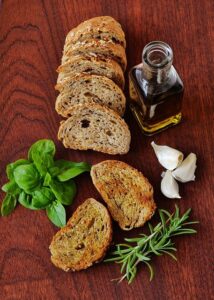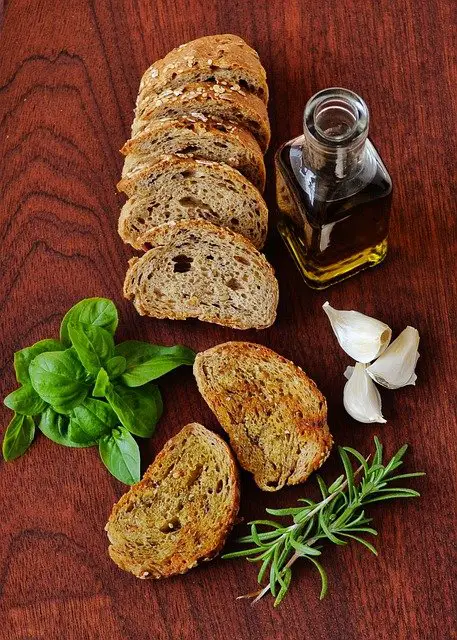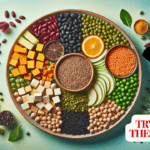
It’s hard to believe that we aren’t actually eating the real Mediterranean Diet. But, it’s true.
You see, what we have come to know and love in America is actually an Americanized version of the original or real Mediterranean Diet.
So, what is the real Mediterranean Diet then? Let’s explore.
The Mediterranean Diet & Benefits
The Mediterranean Diet has been called the healthiest diet by many top nutritionists for the last couple of years. And there are some good reasons for this. (In fact, this cardiologist eats the Mediterranean Diet for heart health)
First of all, it seeks to get people eating more natural, healthier, and whole foods. Just by cutting out processed foods, we can make our diet much healthier.
Also, the Mediterranean Diet incorporates vegetables that people might not normally be eating, which is another good thing. We all know that vegetables and fruits are extremely nutritious for us, and go a long way in helping our overall health.
Ultimately, it gets people eating a more plant-based diet by incorporating more plant-based foods.
The Real Mediterranean Diet
So, what’s the problem with the Mediterranean Diet as we know it then? Well, the truth is, it’s not entirely correct.
First, we must understand where the Mediterranean Diet came from.
The Mediterranean diet was made popular after the Blue Zones research. This found that there were five regions of people in the world who not only lived the longest, but were also the healthiest. The Blue Zones project set out to study these people. One of these groups of people was those living off the tiny island of Ikaria, Greece.
The dietary habits of these people were observed, and it was later to become known as what we now call the Mediterranean Diet.
But, there is one key difference from what we practice today. The actual Mediterranean Diet was a diet that consisted of very little to no meat, including fish. The modern Mediterranean Diet on the other hand, usually includes meat, and can sometimes be even meat-heavy. Contrary to the modern Mediterranean Diet, they were also not eating lots, or any, lamb.
What is the Real Mediterranean Diet?
The Real Mediterranean Diet is the original diet from the region of Crete, Greece. It involved very little amounts of meat and fish, and was predominantly a plant-based diet. This consisted of whole foods such as whole grains, fruits and vegetables.
What Should We Do?
Well, we can take the good parts of the Mediterranean diet, the eating of unprocessed whole foods, such as vegetables, fruits and whole grains, and continue eating these. Instead of eating meat, we should limit this down, and instead focus on eating beans with our meals instead.
This will give us a diet that is more consistent with the original research. And yes, olive oil is ok and is actually great for us. They ate a lot of olive oil.
Other Common Questions
What Foods are not allowed on the Mediterranean Diet?
Processed foods and sugary foods should be avoided. Also, the original Mediterranean diet ate only small amounts of meat and fish.
What is the healthiest Mediterranean food?
Hummus is very healthy as it is made of chickpeas, which like most legumes are very good for us. It also contains tahini which is made of healthy and natural seeds. Furthermore, it might contain olive oil which also has health benefits.
Can you eat bananas on the Mediterranean diet?
Yes, bananas are whole foods. Fruits and vegetables are all acceptable and good for us to consume.
Can you eat peanut butter on the Mediterranean diet?
Yes, peanut butter, especially natural peanut butter (without any added ingredients) is made primarily of peanuts, which are very helpful for our health. If you are trying to lose weight, just be aware that peanut butter is usually higher in calories than most foods though.
Lance has been passionate about the plant-based diet and we have been following a whole food plant-based diet for over 5 years. We focus on health, natural healing, weight management, animal rights, and the health of the planet and environment by focusing on whole plant-based foods and sustainable practices.
Learn more at the About Me page and follow on social media at the links below.



